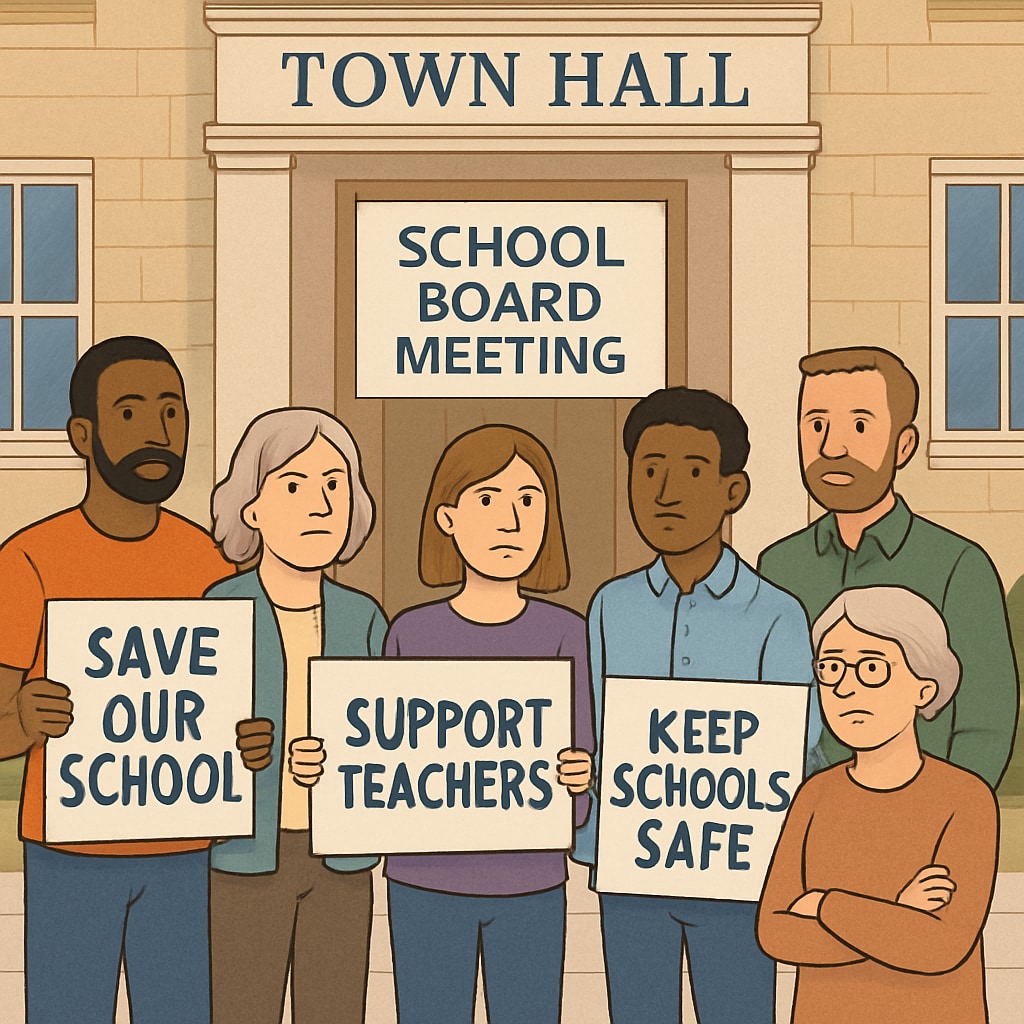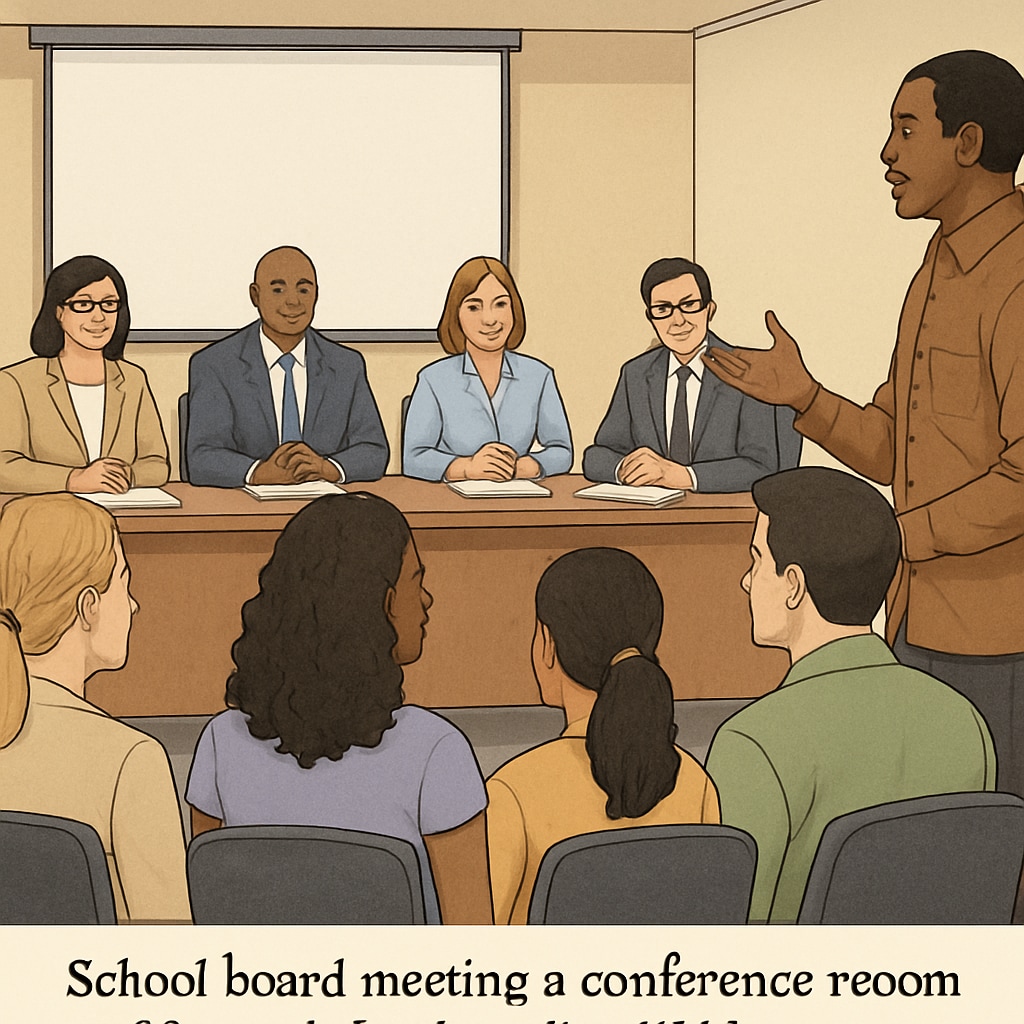Recent protests in a small town in Maine have brought the issue of school board governance to the forefront, particularly concerning the appointment of members with violent criminal backgrounds. The controversy has sparked nationwide debates about how schools should balance child safety with the legal rights of individuals who wish to serve in governance roles. This case highlights the need for robust background check systems, clear ethical standards, and active community participation in school oversight processes.

How School Governance Impacts Child Safety
School boards play a critical role in shaping policies that directly impact the safety and well-being of students. Members are entrusted with decisions that govern disciplinary practices, resource allocation, and the implementation of safety measures. However, when individuals with a history of violent crimes or child abuse are appointed to these positions, it raises questions about the effectiveness of background check mechanisms and ethical standards in school governance.
For example, the recent incident in Maine involved a board member with a documented violent criminal history. Community members expressed outrage, arguing that such a background poses a potential risk to the safety of children and the integrity of the board itself. This has led to calls for reforms that ensure stricter vetting procedures and greater transparency in the appointment process.
Community Action and Its Role in Oversight
Protests like those in Maine demonstrate the power of community action in holding school boards accountable. Parents, educators, and local residents often serve as the first line of defense in advocating for student safety. Their ability to voice concerns and demand changes is essential for maintaining trust in educational institutions.
Effective community oversight can take multiple forms, including:
- Attending school board meetings and voicing concerns about governance decisions.
- Organizing petitions or campaigns to demand stricter background checks.
- Collaborating with advocacy groups to implement legislative reforms.
However, these actions must be balanced with respect for legal processes and individual rights. While community members have a legitimate interest in protecting children, legal frameworks must ensure that individuals are not unjustly excluded from governance roles due to past mistakes, especially if they have demonstrated rehabilitation.

Proposed Solutions for Balancing Accountability and Legal Rights
To address these concerns, schools and communities can adopt several measures that balance child safety with fairness:
- Enhanced Background Checks: Implement more comprehensive screening processes for all school board candidates, focusing on criminal records related to violence or child abuse.
- Ethical Standards: Develop clear guidelines on the qualifications required for governance roles, including a code of conduct for board members.
- Community Involvement: Encourage greater community participation in board elections and decision-making processes to ensure transparency.
- Legal Frameworks: Collaborate with lawmakers to refine laws governing school board appointments, balancing safety concerns with rehabilitation opportunities.
These measures can help create a governance system that prioritizes student safety while respecting legal rights and fostering trust within the community.
Conclusion: The controversy in Maine serves as a reminder of the critical responsibility school boards have in safeguarding children. Community action, coupled with thoughtful reforms, can help strike a balance between accountability and fairness. By prioritizing robust background checks, ethical standards, and active community involvement, schools can ensure that their governance structures effectively protect students while remaining inclusive and equitable.


